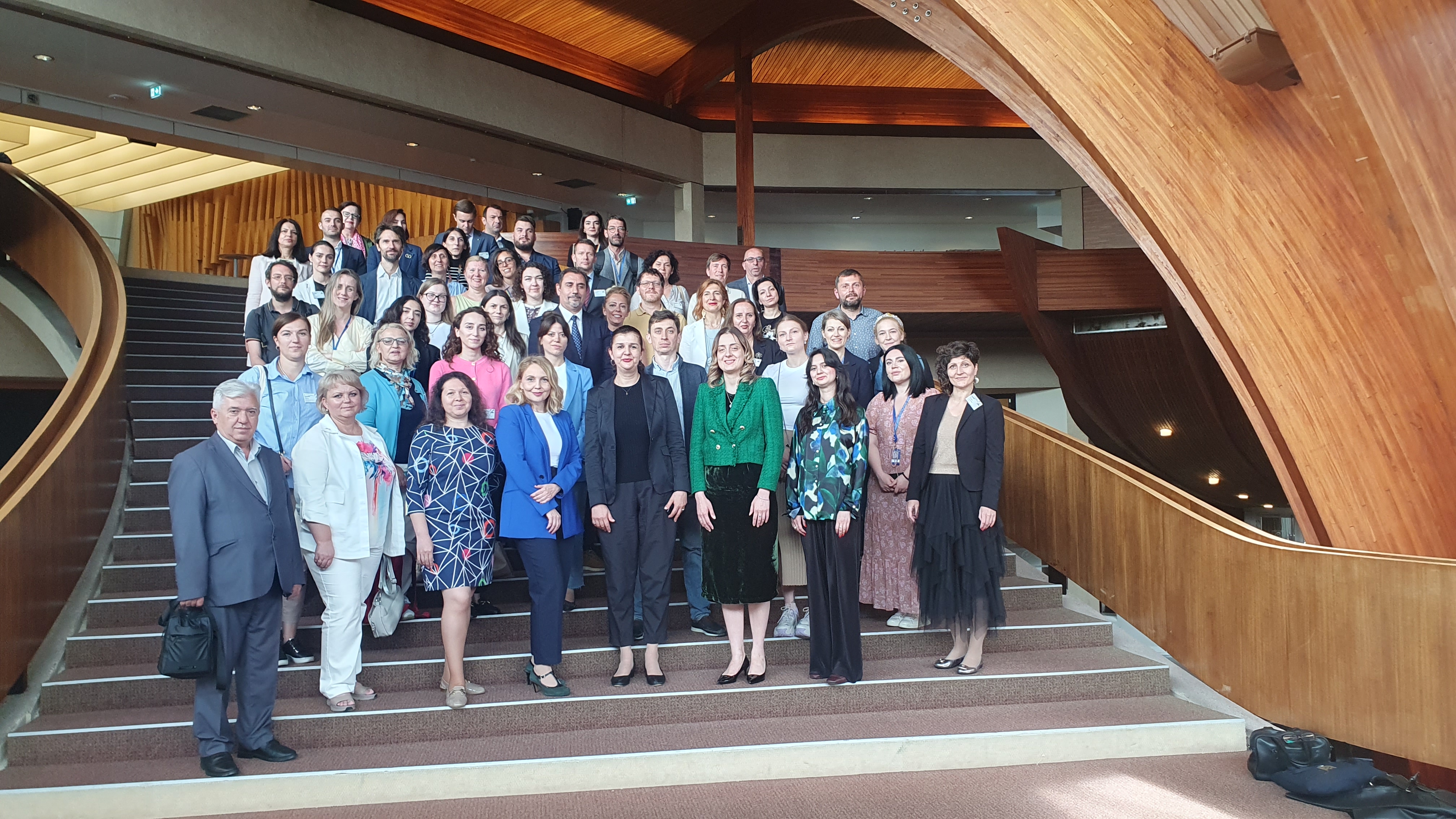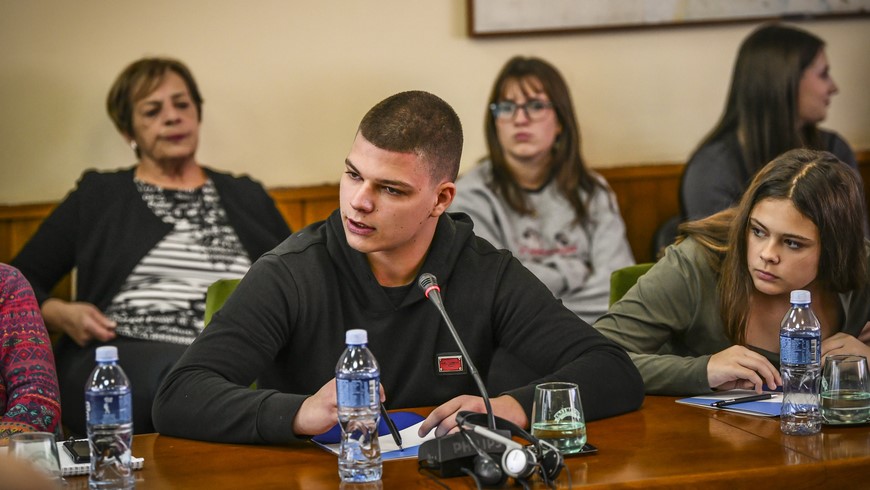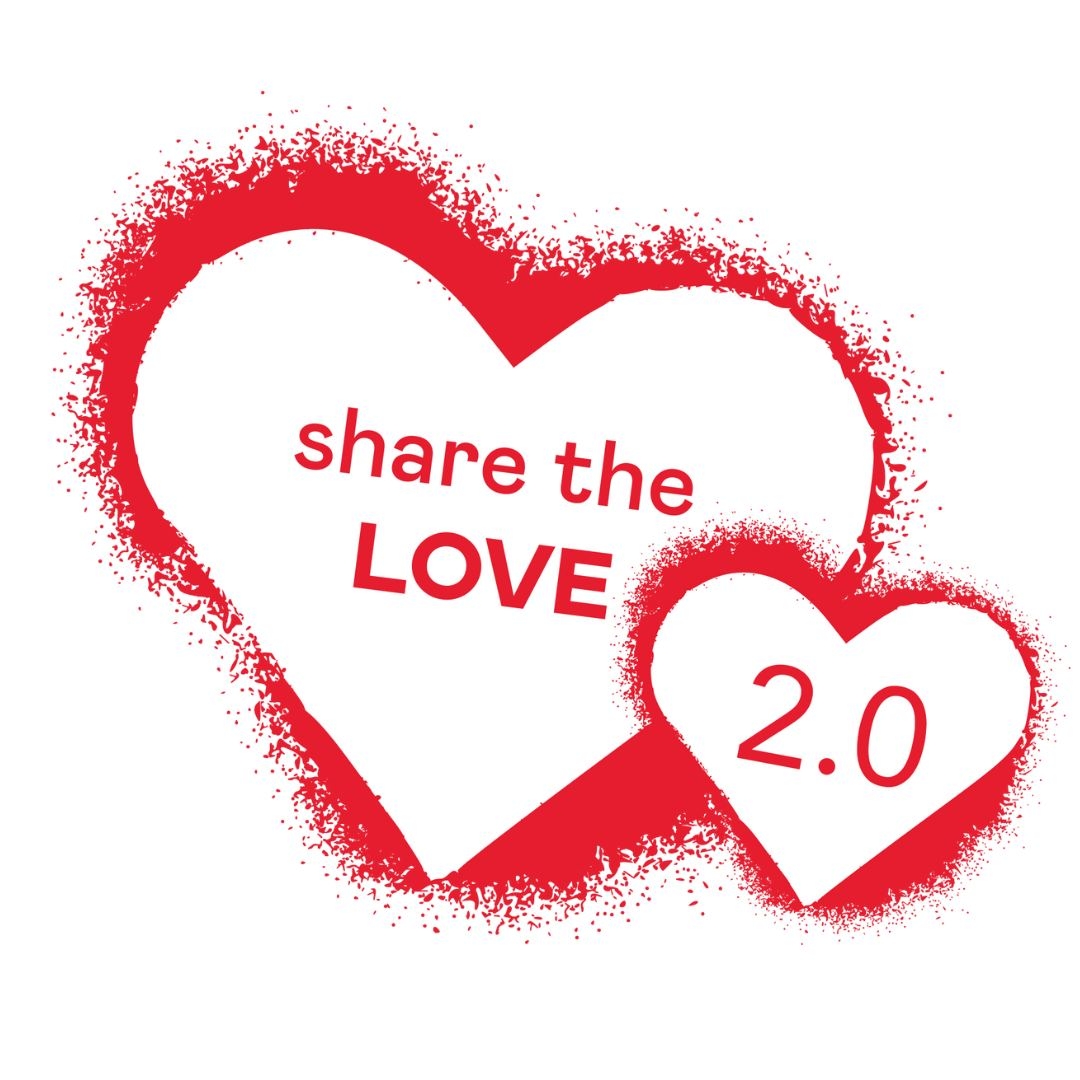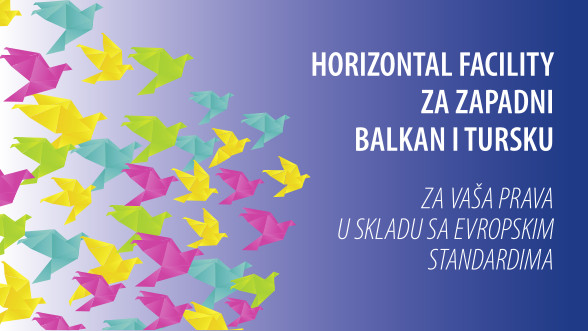Vijeće Evrope u Strazburu ugostilo je tokom 3-4. jula dvodnevnu konferenciju, fokusiranu na borbu protiv rasizma i rasne diskriminacije u kontekstu procesa pristupanja Evropskoj uniji. Konferencija, koju su podržali EU i Vijeće Evrope pod nazivom "Adresiranje rasizma i rasne diskriminacije u kontekstu procesa pridruživanja EU: stanje i alati dostupni u regionu Zapadnog Balkana i Istočnog partnerstva", okupila je stručnjake i stručnjakinje, kreatore politika i praktičare iz regiona Zapadnog Balkana i Istočnog partnerstva koji su razgovarali o zajedničkom pristupu u rješavanju rasizma i diskriminacije u svojim regijama.
Konferenciju su otvorili Thorsten Afflerbach - šef Odjeljenja za inkluziju i borbu protiv diskriminacije Vijeća Evrope i Katerina Markovova - šefica Odjeljenja za programiranje Vijeća Evrope, koji su učesnicima i učesnicama naglasili važnost ovog sastanka, koji će služiti kao platforma za razmjenu novosti i dobrih praksi među ključnim akterima, sa posebnim fokusom na trenutno stanje u rješavanju rasizma unutar regiona Zapadnog Balkana i Istočnog partnerstva.
Elise Lassus, projektna službenica u Agenciji EU za temeljna prava, predstavila je zakonske i političke okvire EU o rasizmu i rasnoj diskriminaciji u policiji, te je učesnicima i učesnicama pružila pregled funkcionisanja nadzornih tijela u državama članicama EU.
Učesnici i učesnice su se uključili u diskusiju o pripremama koje poduzimaju države članice EU i njihove susjedne zemlje za provođenje Nacionalnih akcionih planova protiv rasizma (NAPARs) na državnom nivou. Osim toga, tokom razmjene se istraživao i razvoj obrazovnih alata za borbu protiv mržnje i rasizma, kao i resursa koje EU i Vijeće Evrope obezbjeđuju pravnim stručnjacima. U nastavku, predstavnici su imali priliku da steknu vrijedne informacije kako od akademskih stručnjaka tako i od predstavnika organizacija civilnog društva (OCD), uključujući Evropsku mrežu protiv rasizma (ENAR).
Ovaj dvodnevni događaj osnažio je buduće članice EU zajedničkim znanjem, strategijama saradnje i praktičnim alatima za suzbijanje rasizma i rasne diskriminacije u njihovim zajednicama.
Ovaj događaj je održan uz podršku projekta „Promocija jednakosti i borba protiv rasizma i netolerancije na Zapadnom Balkanu“ i projekta „Promocija jednakosti i nediskriminacije: ka otpornijim i inkluzivnijim društvima“ koje sufinansiraju Evropska unija i Vijeće Evrope, a provodi Vijeće Evrope u okviru zajedničkih programa „Horizontal Facility za Zapadni Balkan i Tursku“ i „Partnerstvo za dobro upravljanje“.




